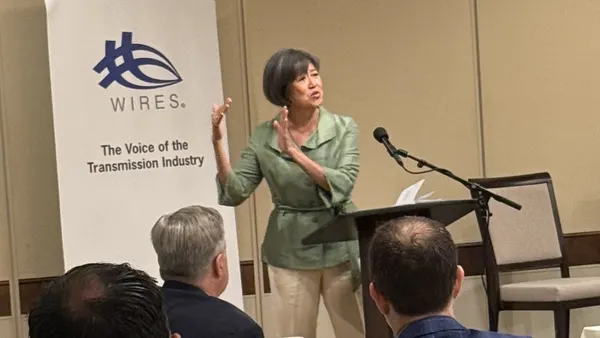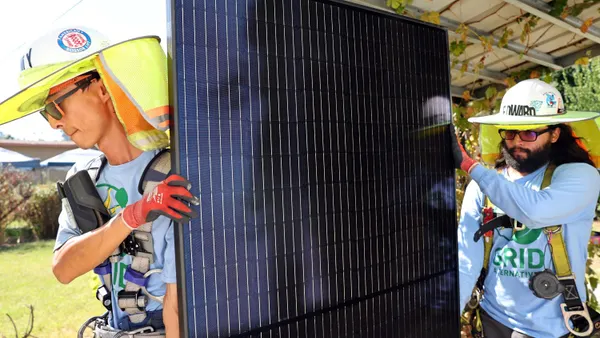Dive Brief:
- Vivint Solar CEO Greg Butterfield said he expects the newly elected Republican-led Congress to allow the solar investment tax credit (ITC) to drop from 30% to 10% at the end of 2016 but believes it will give Vivint an edge against under-performing competitors. It could be bad for consumers, he added in an interview with Fortune, because of its impact on the price of installed solar.
- Solar’s value proposition is important to both political parties, Butterfield said. For the left, it changes the way the world uses energy and protects the environment. For the right, it provides freedom of choice and creates jobs. For both sides, solar cuts energy costs.
- In its first quarterly earnings statement since its October IPO, Vivint reported a Q3 2014 net loss of $0.45 per share on $8.3 million in revenue, a revenue increase of 266% over Q3 2013’s $2.3 million. It booked 62 megawatts in Q3 2014, up 206% over Q3 2013. It installed 49 megawatts, up 196% over Q3 2013.
Dive Insight:
The solar industry is ready for the ITC reduction because it has matured, Butterfield said. Technology has advanced and prices have dropped. By 2016, solar will have reached grid parity and be competitive with the price of other sources of grid electricity supply in over 40 states.
Vivint added two tax equity fund partners representing 91 megawatts of installation capacity in Q3 2014 while it raisded its Estimated Retained Value per Watt to $2.24 as of September 30, 2014, an increase of 172% from September 30, 2013.
For Q4 2014, Vivint expects to install between 45 megawatts and 47 megawatts on total revenues of between $5.5 billion and $6.5 million and total operating expenses of between $47 million and $51 million.













